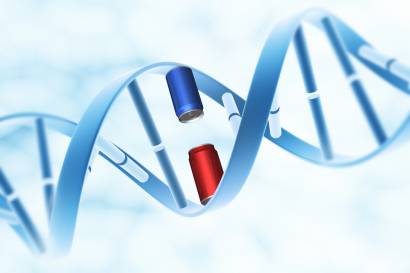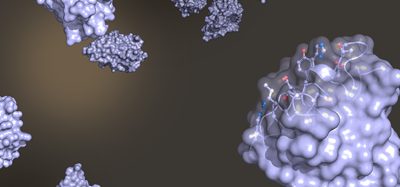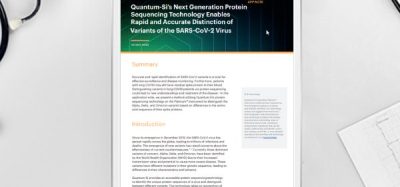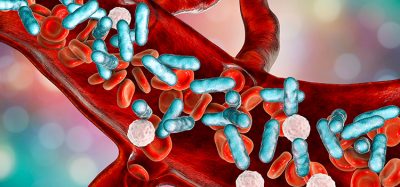Scientists find genetic code for alcoholism
Posted: 5 August 2016 | Indiana University | No comments yet
Using rats carefully bred to either drink large amounts of alcohol or to spurn it, researchers at Indiana and Purdue universities have identified hundreds of genes that appear to play a role in increasing the desire to drink alcohol…

Using rats bred to either teetotal or drink large amounts of alcohol, researchers at Indiana and Purdue universities have identified hundreds of genes that appear to increase the desire to drink alcohol.
The study not only reinforces the view that the genetics of alcoholism are important, complex and involve many genes, but also that the sections of the genetic code that regulate the actions of genes are at least as important as the genes themselves.
Eliminating non-genetic factors
By using high-alcohol-drinking rat lines, to mimic all criteria of human alcoholism, in comparison with low-alcohol-drinking rat lines, both of which were bred at the Indiana University School of Medicine, researchers avoided issues that have made genomic analyses of human alcoholism difficult, such as inaccurate family histories of drinking, drinking variability and non-genetic economic, social and cultural factors.
Although not identical to humans, the genetics of rats and mice often provide powerful clues to genetic activities in humans.
Conducting complete genome analyses of the two lines of rats, the researchers identified key regions of genetic code known as signatures of selection in 930 genes associated with alcohol preference. The majority of the areas were within single gene regions, often within sections of the genetic code that promote or otherwise regulate the activities of the genes.
Combination of addiction genes
“This research highlights that alcoholism in rats has a strong genetic component and is influenced by many hundreds of genes, each with small effects.”
“There is no single gene responsible for alcoholism.”
“However, critical regulatory pathways involving several of the genes discovered were found, suggesting that potential pharmacological solutions may be possible,” said William Muir, Ph.D, Professor of Genetics in the Department of Animal Sciences at Purdue.
Muir and Feng Zhou, Ph.D., Professor of Anatomy and Cell Biology at the IU School of Medicine are investigators with the Indiana Alcohol Research Centre at the IU School of Medicine; Dr Zhou is a member of the Stark Neurosciences Research Institute at IU.
Neuronal plasticity
Dr Zhou noted that “some of the regulatory pathways included those involved with the brain’s ability to make new connections over time in response to new activities or environmental factors, what we call neuronal plasticity. Others included neurological and immune systems involved with stress.”
“Predictions of risk of alcoholism might become possible,” said Dr Muir, “but will require a large number of genetic markers.”
Future research will include verification of these results through analysis of genetic activity that occurs in response to alcohol drinking as well as detailed examination of these newly found genes in humans afflicted with the disease.






